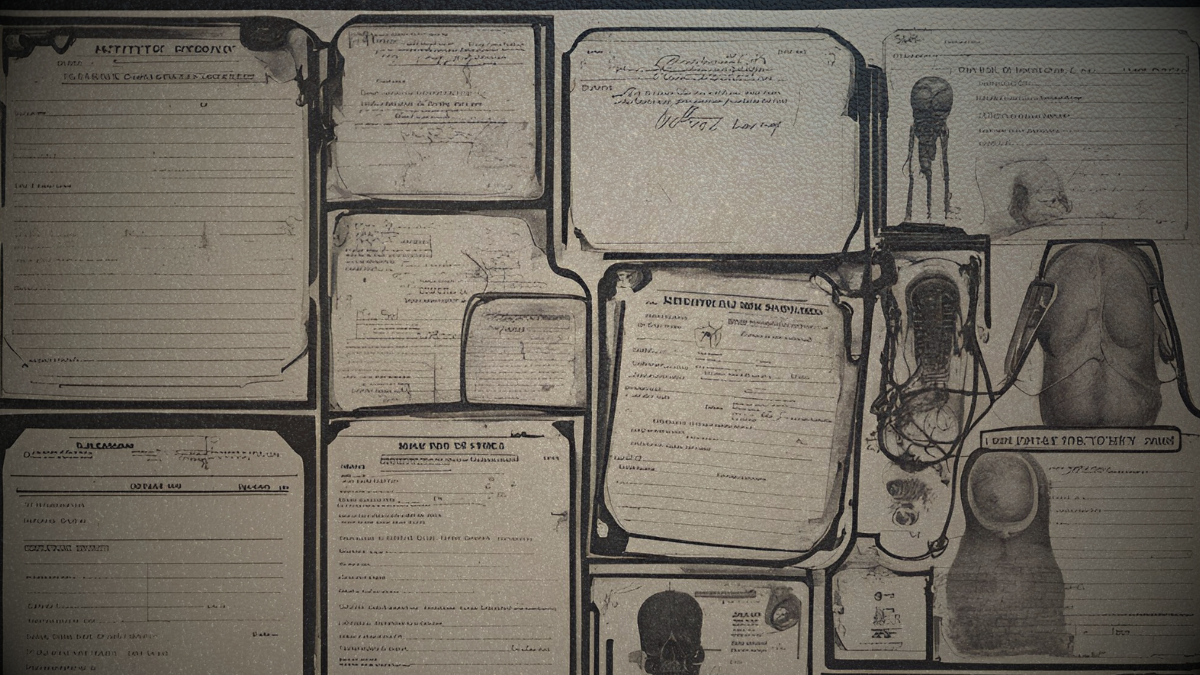Source: News & Observer
A proposal that aimed to restrict public access to autopsy records has been removed from the bill where it was originally included. However, it might reappear in the future, according to one of its sponsors.
In late May, lawmakers introduced new provisions in House Bill 250 that would have restricted public access to photographs, video, or audio recordings in autopsy reports. Currently, these records can be inspected under supervision by the public, while only certain public officials can obtain copies. The proposed changes also sought to exempt written autopsy reports from public release if they were part of criminal investigation records.
Earlier this month, the bill resurfaced during a Senate judiciary hearing, but without the public records provisions. When asked why these provisions were removed, Sen. Danny Britt, a Republican from Robeson County, explained that there was uncertainty about the House’s stance on the issue and emphasized the importance of passing other parts of the bill.
“We just want to make sure we got that across the finish line,” Britt stated.
Regarding the possibility of reintroducing the autopsy provisions, Britt said, “It’s always possible; maybe not this session.” He mentioned that he had not encountered opposition from the House or the public regarding restricting access to autopsy reports for the media. “I heard no concerns from any constituents,” Britt added, noting that constituents would only be concerned with victims having access to the information, which he said was being addressed. “As far as the media having access to it, the only people who I heard concerns with were from the media,” he said. News media often request autopsy reports from shootings and other violent incidents to obtain details that may not be otherwise available.
In addition to the now-removed autopsy records section, the bill also aims to revise drug distribution offenses. It includes adding xylazine to the list of drugs associated with death by distribution, a criminal charge for delivering or selling drugs that result in death.
According to the National Institute of Drug Abuse, xylazine is a non-opioid veterinary tranquilizer not approved for human use and has been linked to a rising number of overdose deaths nationwide. The Food and Drug Administration has noted that xylazine is increasingly found mixed with other drugs like fentanyl and heroin, and has warned that Naloxone, used to treat opioid overdoses, may not reverse xylazine’s effects. There are discussions about adding other emerging drugs, said Sen. Michael Lazzara, a Republican from Jacksonville. He mentioned ongoing work on a separate bill to address various hemp and other products, referred to as “gas station heroin.” Britt indicated that this bill would be introduced later this year.
The bill also includes a new provision allowing individuals with no more than one prior driving while impaired (DWI) conviction within the past seven years to obtain a limited driving privilege. To regain their driving privileges, they would need to install an ignition interlock device in their vehicle, which requires the driver to breathe into it. Currently, individuals with a prior DWI conviction cannot legally drive at all. Britt noted that many of these individuals, particularly in rural areas without public transportation, continue to drive anyway. The bill has passed the committee and is now moving to the Senate Rules Committee.





